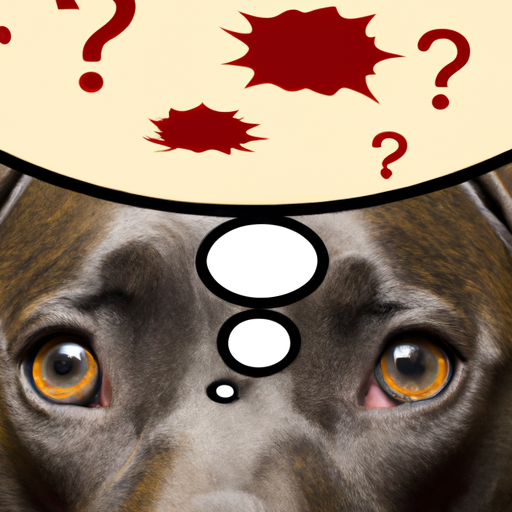Understanding Your Dog’s Eyes
As a caregiver to your pet, you’ve likely spent countless hours gazing into your dog’s eyes. Have you ever noticed how their pupils sometimes become significantly larger? It’s not your imagination.
Dogs’ eyes are much like ours, capable of expressing a wide range of emotions or reacting to various environmental stimuli. Understanding these changes can help you better comprehend your dog’s needs and feelings.
The Science Behind Your Dog’s Pupils
Your dog’s pupils may dilate in response to several factors. Here are a few key reasons:
- Light Levels: Just like in humans, a dog’s pupils will dilate in low light conditions to allow more light to enter the eye and contract in brighter light to protect the retina.
- Emotion: Excitement, fear, or aggression can also cause a dog’s pupils to dilate. This is part of the fight-or-flight response, preparing them to react to a perceived threat or interesting stimulus.
- Health Conditions: Certain health conditions, like high blood pressure or brain conditions, can cause a dog’s pupils to dilate. If you notice consistent dilation, it may be worth a visit to the vet.
Your Dog’s Emotions and Pupil Dilation
Here’s a table presenting some common emotions and their associated pupil dilation:
| Emotion | Pupil Reaction |
|---|---|
| Excitement | Dilation |
| Fear | Dilation |
| Aggression | Dilation |
| Calmness | Normal/Contraction |
What You Can Do
As your dog’s caregiver, it’s important to monitor their behavior and physical changes, including pupils’ dilation. It’s a communication tool, a window into their emotional state, and could potentially be a health indicator.
- Observe: Keep an eye on your dog’s pupils in different situations.
- Record: Document any changes or patterns you notice.
- Consult: If you’re concerned, don’t hesitate to consult with a veterinarian.
FAQs
Q: Is my dog’s pupil dilation a cause for concern?
A: Not necessarily. Pupil dilation can be a natural response to various factors. However, if it’s consistent or accompanied by other unusual behaviors, it would be wise to consult a vet.
Q: Can I tell how my dog is feeling by looking at their pupils?
A: While it can be a good indicator, it’s not always foolproof. Dogs communicate in a variety of ways, and their pupils are just one piece of the puzzle.
Q: My dog’s pupils are always dilated, is this normal?
A: Persistent dilation could be a sign of a health issue. It’s recommended to seek veterinary advice.
Remember, being a responsible pet caregiver means paying attention to the small details. Your dog’s pupils are just one of the many ways they communicate with you. The more you understand, the better you can meet their needs and ensure they live a happy, healthy life.



